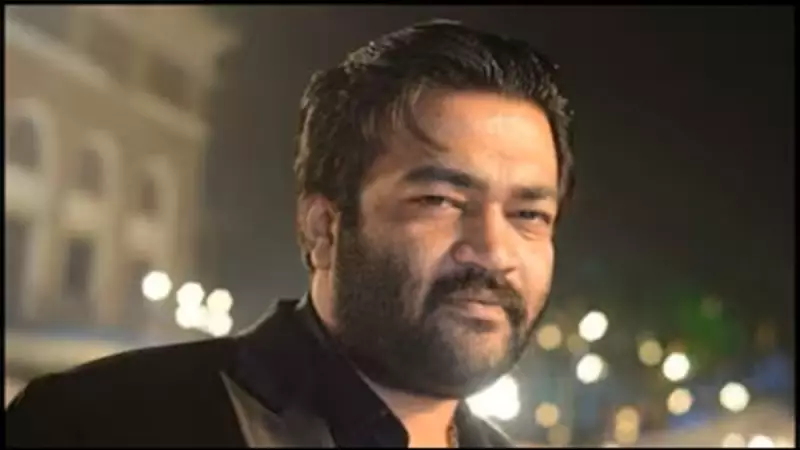
In a significant development that has sent shockwaves through the criminal underworld, Goa Police has apprehended Danish Riyaz Bhatkar, popularly known as Danish 'Chikna', a close associate of India's most wanted terrorist Dawood Ibrahim. The arrest marks a major victory for law enforcement agencies in their ongoing battle against organized crime.
The Dramatic Goa Arrest
Acting on precise intelligence inputs, a special team of Goa Police conducted a meticulously planned operation that led to Chikna's capture from a luxury location in North Goa. The arrest came after weeks of surveillance on his movements and activities in the coastal state.
According to police sources, Chikna had been operating a sophisticated international drug network using Goa's popular tourist destinations as cover. The syndicate was allegedly involved in large-scale narcotics distribution across multiple states.
Chikna's Criminal Empire Exposed
Danish 'Chikna' is no ordinary criminal. Investigators describe him as a high-ranking operative within the D-Company hierarchy with direct connections to Dawood Ibrahim. His arrest has uncovered several alarming aspects of his operations:
- Control over major drug supply routes from international sources
- Use of sophisticated communication channels to evade detection
- Exploitation of Goa's tourism infrastructure for criminal activities
- Alleged connections with international drug cartels
Major Blow to D-Company Operations
Security experts consider this arrest as one of the most significant strikes against the D-Company in recent years. Chikna's proximity to Dawood Ibrahim and his involvement in multiple criminal enterprises made him a prized target for intelligence agencies.
"This isn't just another arrest," revealed a senior police official on condition of anonymity. "Chikna was handling critical operations for the syndicate. His capture provides us with crucial intelligence about the D-Company's current structure and modus operandi."
Ongoing Investigations and Future Implications
The investigation has now expanded to multiple states as authorities work to dismantle the entire network. Police are particularly focused on:
- Identifying other key operatives within the organization
- Tracing the money laundering routes used by the syndicate
- Mapping international connections and funding sources
- Recovering assets acquired through illegal activities
This arrest comes at a time when Indian security agencies have intensified their efforts to cripple organized crime networks with international connections. The successful operation demonstrates improved coordination between state police forces and central agencies.
As the investigation continues, authorities remain vigilant about potential retaliatory actions from the remnants of the criminal network. The case has highlighted the ongoing challenge of combating organized crime that leverages international borders and modern technology.





